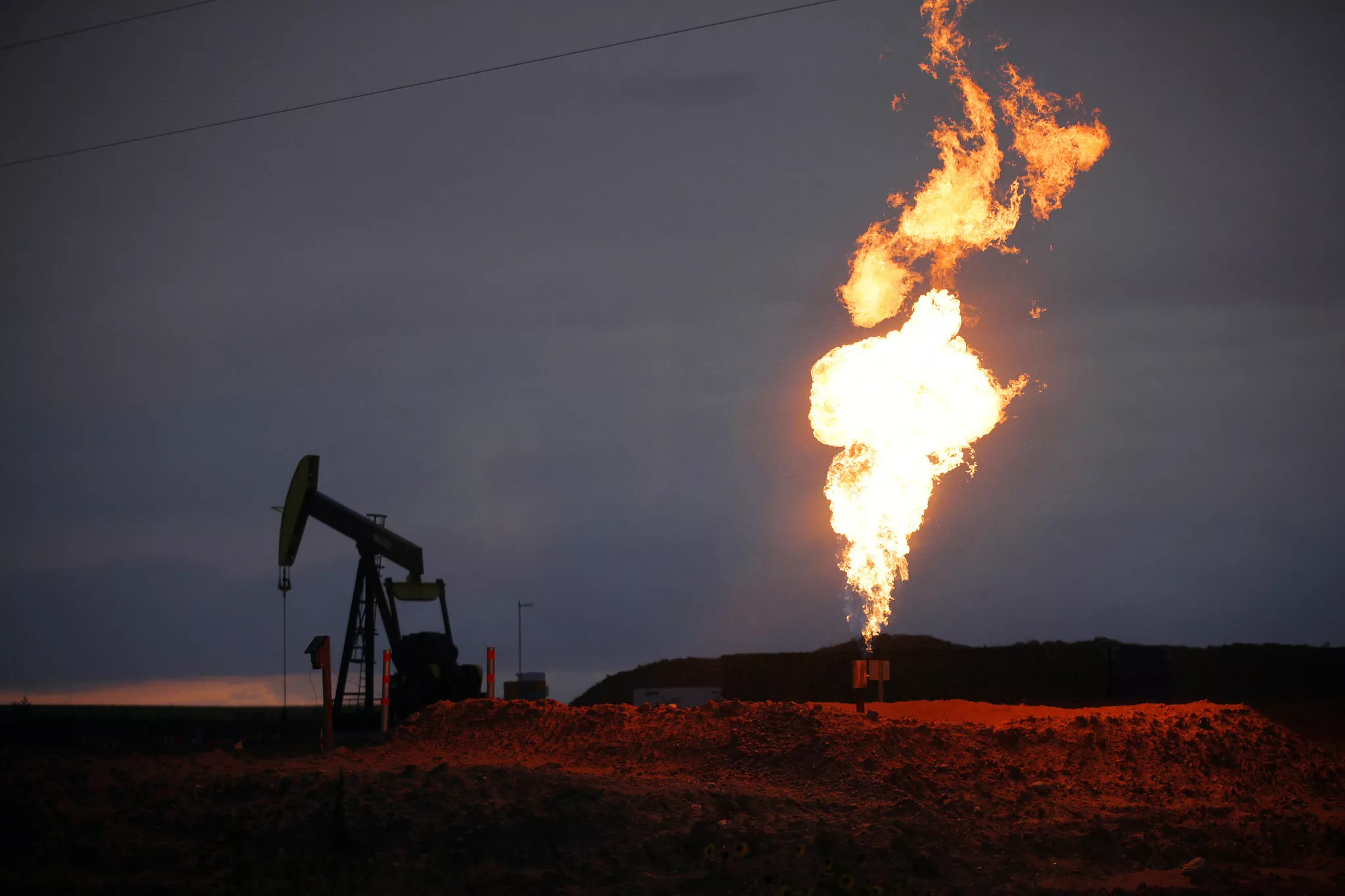apan’s chief trade negotiator, Ryosei Akazawa, has declined to establish a concrete schedule for bilateral trade discussions with the United States. The announcement comes as Washington prepares to reinstate higher tariff rates on multiple trading partners, including Japan, beginning July 9.
US Tariff Reversion Threatens Japanese Exporters
The Trump administration’s planned restoration of “reciprocal tariffs” would increase duties on Japanese imports from the current 10% to 24%. This policy shift could significantly impact key Japanese industries, particularly automotive and machinery exports that represent substantial trade volumes between the two nations.
Trade Experts Anticipate Prolonged Negotiations
Economic analysts suggest Japan’s reluctance to commit to negotiation timelines reflects the complexity of reaching mutually acceptable terms. The impending tariff hike adds urgency to discussions, though neither side has indicated willingness to compromise on core positions regarding market access and agricultural protections.
Bilateral Relations Face Critical Phase
Observers note the coming weeks may determine whether both countries can avoid escalating trade tensions. The Japanese government maintains hope for continued dialogue, while simultaneously evaluating potential countermeasures should the higher tariffs take effect as scheduled.
Global Trade Landscape Remains Volatile
This development occurs against a backdrop of shifting international trade dynamics, with multiple nations adjusting strategies in response to US protectionist measures. Market participants worldwide are closely monitoring the Japan-US negotiations as a bellwether for future trade relations among major economies.
Related topics:

































